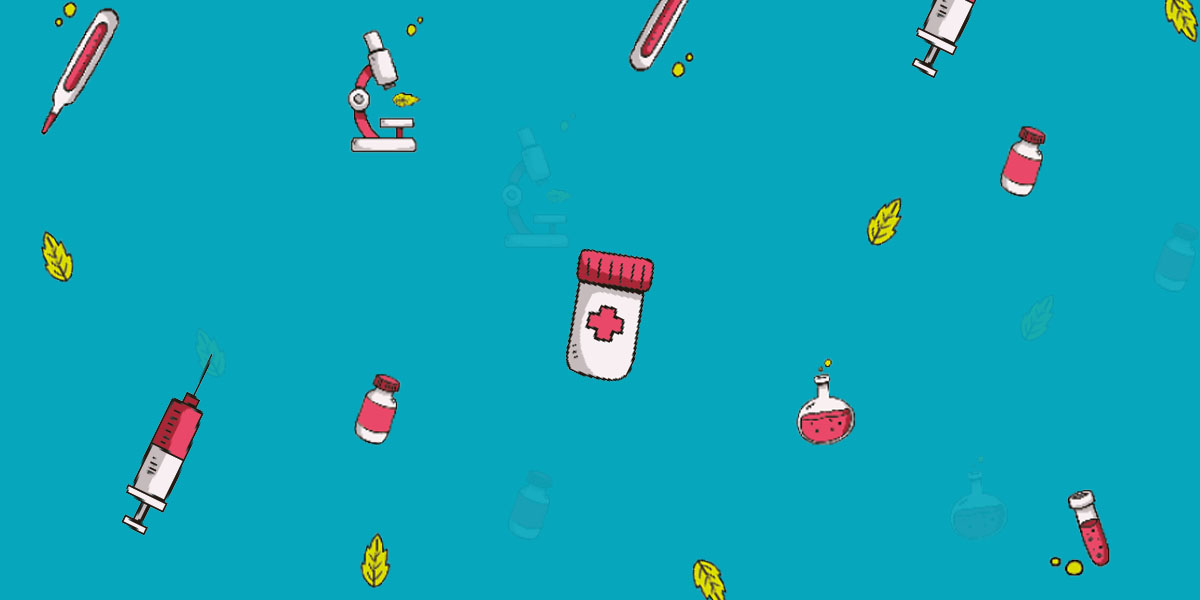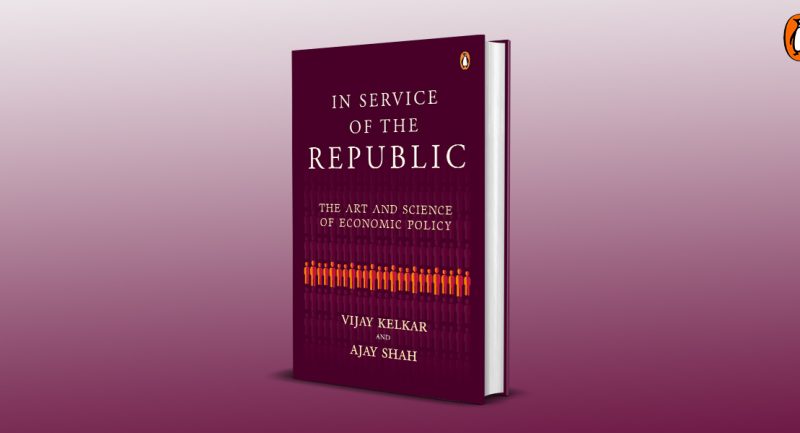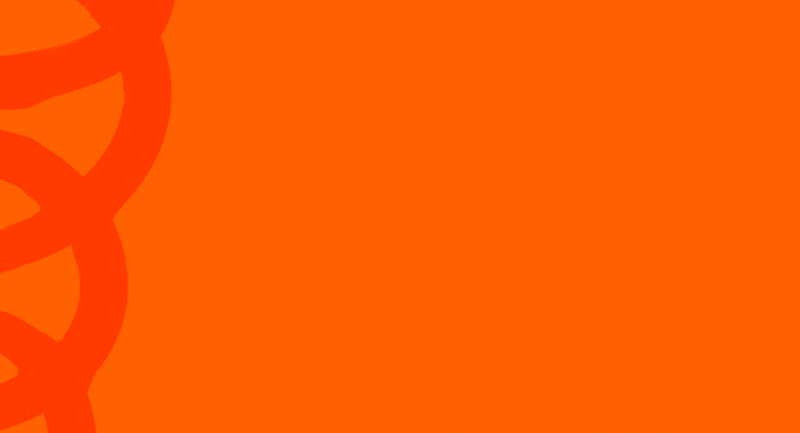
Did you know that the world’s first eye surgeon, who lived 2500 years ago, came from India?
Or that the standard textbook on medicine-for 600 years!-was written by a self-taught
physician from Persia?
Or that it was a seventeenth-century cloth merchant from Europe who discovered microorganisms?
Discover dozens of ‘No way!’ nuggets like these in this fun, info-packed romp through 2500 years of human health and healing by Roopa Pai. And prepare to be gobsmacked, entertained and inspired by the stories behind some of the most significant medical breakthroughs in history, and the extraordinary men and women behind them.
You don’t need to be a doctor to enjoy this book. Here’s why:
I DON’T WANT TO BE A DOCTOR, WHY SHOULD I READ THIS BOOK?
It isn’t the funnest thing in the world to be ill, of course, but there are always compensations. The biggest, fattest silver lining for us who fall ill in the twenty-first century is, well, exactly that—we’ve fallen ill in the twenty-first century!
No, seriously. If you had lived even as recently as 200 years ago, you might have received some pretty bizarre, and/or very painful, treatments for your condition.
A physician/barber/surgeon (more details given in the box on page xii) may have:
- unleashed a whole army of leeches on you, so that they could suck out your ‘bad blood’ (be warned, this treatment hasn’t fallen entirely out of favour, is reputed to have many benefits and may yet make a big comeback);
- drilled a hole into your skull, via a procedure called trepanning, to ‘let the evil spirits out’ (not even kidding; also, just FYI, to spare you some really scary nightmares, this procedure isn’t life-threatening);
- amputated a limb because it was infected—without using anaesthesia (because an effective mixture for numbing pain that didn’t send the patient into fatal shock hadn’t yet been tested—ouch!) and while using surgical instruments that looked more like medieval torture devices than anything else (maybe that was part of the strategy— patients probably passed out from sheer terror the moment they caught sight of the instrument, thus precluding the need for any other kind of knockout drug);
- wrapped you up like a mummy, plunged you into an ice-cold bath and kept you there for hours at a time to treat your ‘manic episodes’, chained you up and restrained you in a straitjacket for days on end to ‘prevent you from hurting yourself’, or conducted a lobotomy on you (taken out bits of your brain that they believed to be responsible for madness)—all in an effort to cure you of your ‘insanity’, which was believed to be a result of ‘demonic possession’.
Say whaaaa . . .?
Barber surgeon? Yes! In Europe, for a big part of the last given that honour.
But spare those poor physicians a thought. None of them did what did because they were particularly mean or sadistic—all their treatments were done in good faith, and came out of long-held (and as we know now, erroneous) beliefs about what made us ill. Hardly anyone back then understood any aspect of mental illness, and although the treatments have become far more humane now, and great progress has been made, we are still quite some way from truly understanding how—or how much!—the brain is related to the ‘mind’. Physical illness, and how the body worked, was better understood, but treatments were often misguided simply because—get this!—until the 1880s, very few people in the world believed, or even suspected, that it was germs that caused disease!
Astounding as it sounds, so many things that we take for granted today about disease and treatment are very, very new developments in the history of humankind. Medicine is arguably the world’s youngest science, and seen from that perspective, the massive strides it has made towards understanding and healing the human body (and mind) are nothing short of, um, mind-blowing. We are better-nourished, die far less often from infectious diseases and live way longer as a species today, almost entirely because of advances in modern medicine.
Featuring groundbreaking ideas, trivia, factoids, and more, From Leeches to Slug Glue will make you question your notions of what makes a person ‘whole’. And it will fill you with wonder at the innovations, inventions and discoveries that have made-and are continuing to make-the young science of modern medicine.









